Solar power has become a popular choice among RV enthusiasts seeking ways to enhance energy efficiency and reduce their reliance on traditional power sources. However, setting these systems up isn’t always as straightforward as it might seem, especially if you have a power converter.
To set everything up correctly, it’s a good idea to understand how solar panels interact with your RV’s power converter. That way, you can make sure you’re getting the most out of your system. This expert guide is here to walk you through everything you should know.
How Solar Panels Work
Let’s start by looking at how solar panels function. This will help make its interactions with power converters make more sense. Solar panels convert sunlight into electricity using photovoltaic (PV) cells. When the sun shines on these panels, it excites the electrons, generating a direct current (DC) of electricity.
This energy is then transferred to a charge controller, which regulates the voltage to ensure it is safe for storage in a battery. Batteries hold the stored energy and provide a reliable power source for RV appliances when needed, even in low-light conditions or at night.
Modern solar panels are rated based on their output, typically measured in watts. When choosing solar panels for an RV, you’ll want to consider factors such as wattage, size, and portability. While solar panels alone cannot power an RV efficiently, they work in tandem with other components to provide your camper with electricity.
The Role of the RV Power Converter
With that out of the way, we should also take a look at the specifics of what makes RV power converters work. At their core, these devices play a vital role in managing electrical power within an RV. They do this by converting alternating current (AC) electricity from external sources, like shore power or a generator, into direct current (DC) electricity. DC electricity is necessary for charging the RV’s house batteries and running DC appliances, such as lights, fans, and USB ports.
Power converters also perform the critical task of maintaining a consistent voltage within the electrical system. Without a properly functioning power converter, the RV’s electrical components might experience issues such as inconsistent performance or even permanent damage. Additionally, while the power converter handles DC energy, many RVs are equipped with inverters to convert DC back into AC for running certain household appliances, making it part of a broader system needed for energy management.

How These Two Components Interact
When you have solar panels installed, they will have to work with your power converter in order to provide your RV with a stable and efficient energy system. Your solar panels do this by generating electricity, which is regulated by the charge controller and stored in the RV’s house batteries. At this point, the RV’s power converter comes into play, managing the system and ensuring batteries provide the consistent DC power needed for onboard systems (or AC power for things that require it).
This interaction allows owners to rest easy, knowing that they won’t accidentally damage components in their RV by sending it the wrong type of power. This allows for greater flexibility by having an efficient energy system that combines renewable solar power with regular power sources without the various kinds of power getting mixed up.
Benefits of Combining Solar Panels With a Power Converter
Now that you understand how solar panels and power converters work together, it’s important to know what kinds of benefits you should expect from each. This will help you make sure you get the most out of both of them.
Increased Energy Efficiency
Solar panels harness free, renewable energy from the sun, reducing the need to rely solely on traditional power sources, such as shore power or generators. By incorporating a power converter, you ensure that this energy is efficiently converted, stored, and distributed for use in your RV.
Reduced Fuel and Maintenance Costs
Since solar panels can significantly decrease the reliance on generators, this will also reduce fuel consumption and associated maintenance costs. Additionally, the power converter manages the system without placing unnecessary strain on the batteries or electrical components, thereby extending their lifespan and reducing overall operating expenses.
Eco-Friendly Energy Solution
Another benefit of this combo is the reduction it’ll have on your carbon footprint. Solar panels provide clean, renewable energy. That means as long as you don’t use too much energy, you’ll be able to rely on it entirely, removing the need for power from external sources.
Independence From External Power Sources
Best of all, combining solar panels and a power converter allows RV users greater independence, allowing extended stays in remote areas without relying on shore power. With ample solar energy and an efficient system for regulating it in place, you can enjoy the freedom of boondocking while still fulfilling all your energy needs for appliances and devices.

Potential Issues and How To Avoid Them
While this system is great for almost any RV, it’s not without its potential issues. Hopefully, by knowing about them in advance, you’ll be able to navigate around them, making your experience with them much less stressful.
Overloading Batteries
One potential issue with combining solar panels and an RV power converter is the risk of overloading the batteries. If the batteries are overcharged, it can result in overheating or other forms of damage. To prevent this, ensure the charge controller is properly configured to regulate the voltage levels, preventing overcharging as well as undercharging.
Compatibility
Compatibility between the solar panels, charge controller, battery, and power converter is crucial for optimal performance. You’ll need to check to make sure that all components are designed to work together and meet the power requirements of your RV. Consult the product specifications or seek professional advice when purchasing or installing components if needed. For those who encounter compatibility issues, finding a camper power converter that works with your specific solar panel system will be essential.
System Efficiency Loss
Inefficient systems can lead to increased energy wastage. For example, low-quality solar panels or power converters may not deliver optimal performance, resulting in this type of waste. Investing in high-quality components and conducting regular maintenance checks will help ensure the entire system operates at peak efficiency for your RV.
Wiring and Electrical Issues
Incorrect wiring or poor installation can lead to problems such as electrical surges or connectivity failures. Always follow manufacturer guidelines during installation. If you’re not comfortable working with wires, don’t be afraid to hire a professional to set up your system. This will help ensure that everything is in proper working order with no major issues.
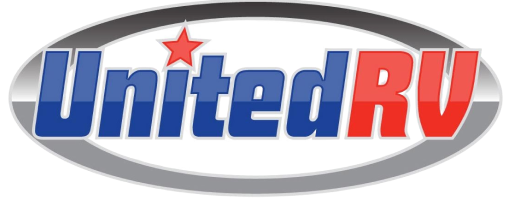

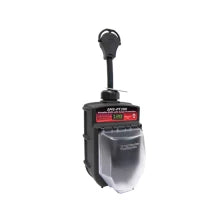
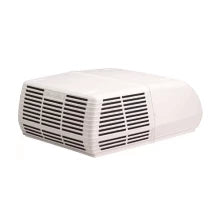
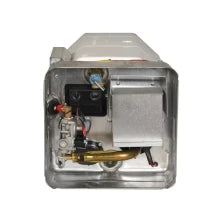
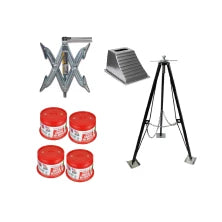
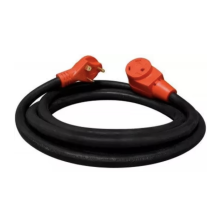
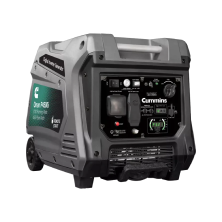
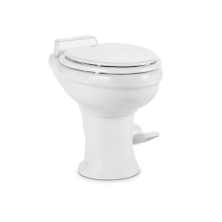
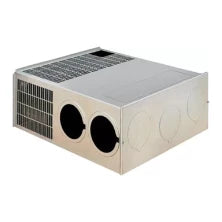
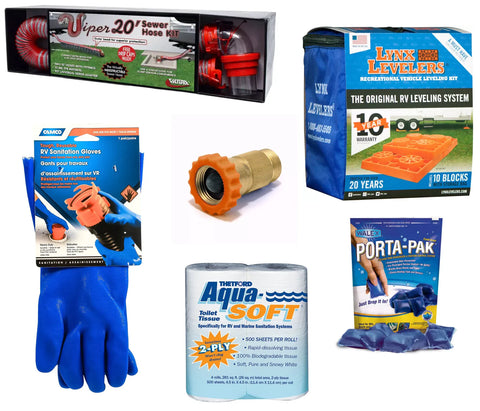
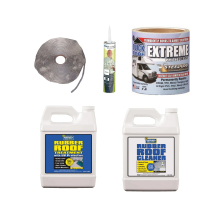
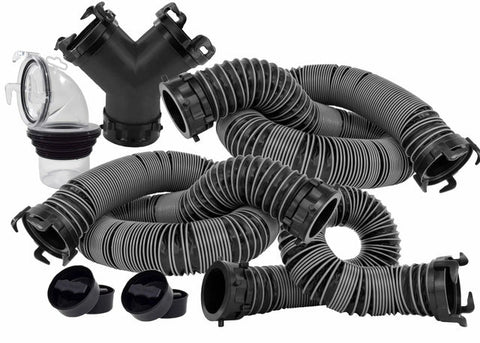
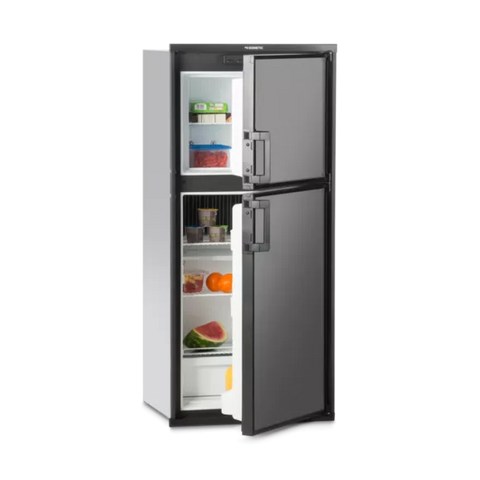
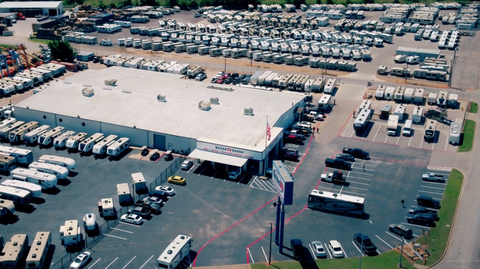
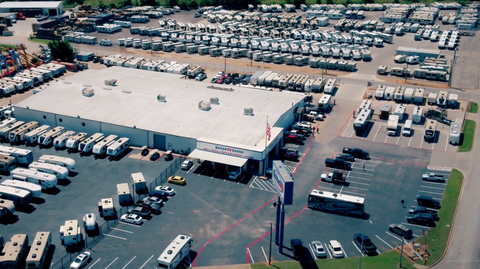
Comments (0)
There are no comments for this article. Be the first one to leave a message!